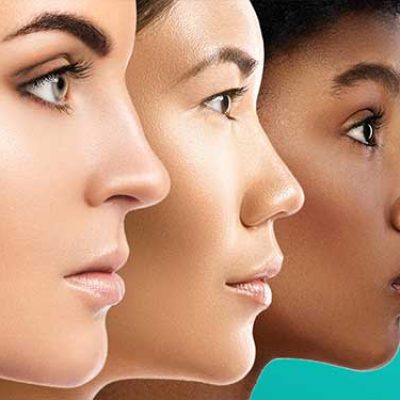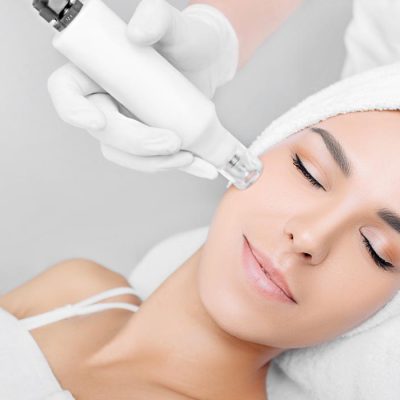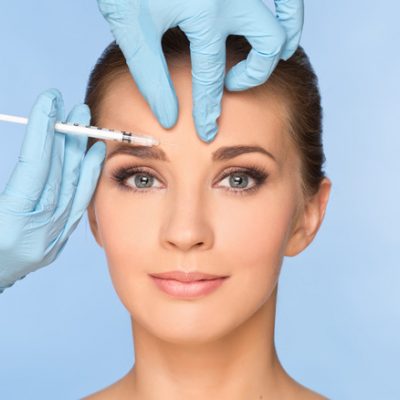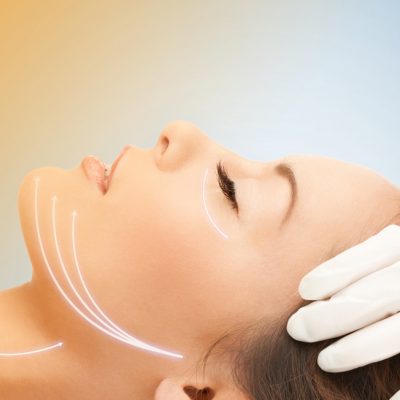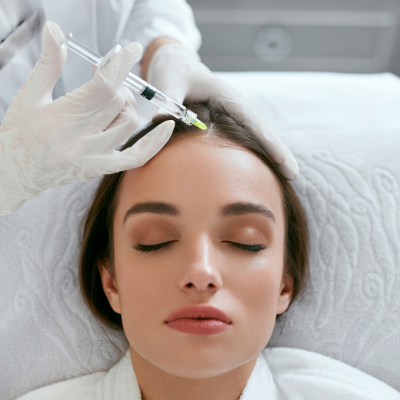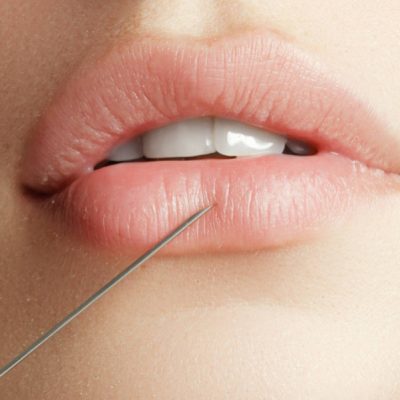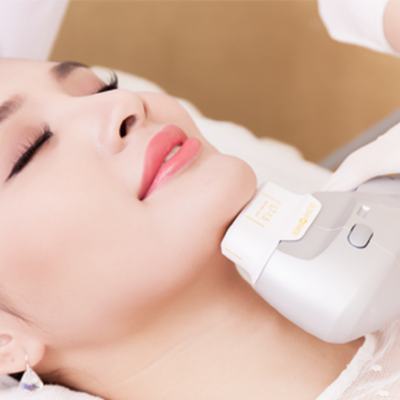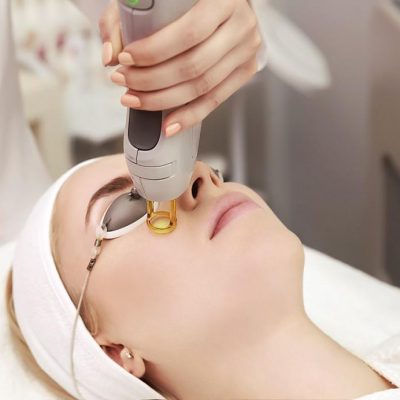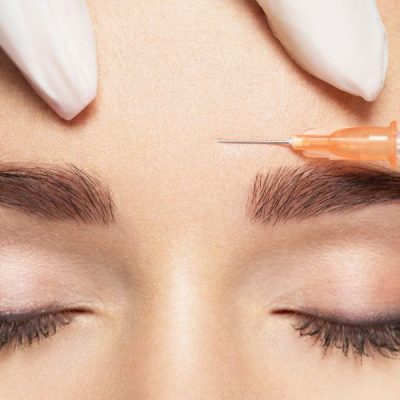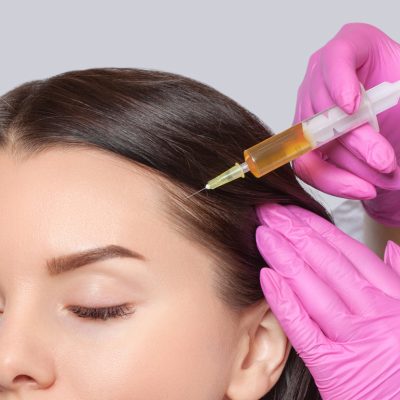Professional skin analysis is a process performed by a skincare professional or dermatologist to assess an individual’s skin condition, identify specific concerns, and provide personalized recommendations for skincare products and treatments. Here are the key steps involved in a professional skin analysis:
Facial Treatment Dubai | hydrafacial dubai
- Examination: The skincare professional will visually examine your skin, looking for signs of dryness, oiliness, redness, acne, pigmentation, texture irregularities, and other skin conditions. They may use magnifying tools or special lights to get a closer look at your skin.
- Skin Type Assessment: The professional will determine your skin type, which can be categorized as normal, dry, oily, combination, or sensitive. This assessment helps guide the selection of appropriate skincare products and treatments.
- Skin Concerns Evaluation: The professional will discuss your specific skin concerns, such as acne, aging, hyperpigmentation, sensitivity, or uneven skin tone. They will inquire about your lifestyle, skincare routine, and any factors that may be contributing to your skin issues.
- History and Lifestyle Assessment: The professional may ask about your medical history, medications, allergies, and lifestyle factors that could impact your skin health, such as sun exposure, smoking, diet, and stress levels.
- Testing: In some cases, the professional may use advanced diagnostic tools or techniques to assess your skin more comprehensively. This can include tests for skin hydration levels, sebum production, sensitivity reactions, or UV damage.
Based on the analysis, the skincare professional will provide personalized recommendations, which may include:
- Skincare Routine: They will suggest a customized skincare routine tailored to your skin type and concerns. This may involve specific cleansers, toners, serums, moisturizers, and sunscreens suitable for your skin.
- Professional Treatments: The professional may recommend professional treatments such as facials, chemical peels, microdermabrasion, laser therapies, or other specialized procedures to address your specific skin concerns.
- Lifestyle Changes: They may provide guidance on lifestyle modifications that can positively impact your skin health, such as dietary adjustments, stress management techniques, or sun protection measures.
- Product Recommendations: The professional may suggest specific skincare products or ingredients to target your concerns. They can advise on the appropriate formulations, active ingredients, and potential interactions with other products you may be using.
It’s important to follow the recommendations provided by the skincare professional and maintain regular communication with them to track your progress and make any necessary adjustments to your skincare routine.

Professional Skin Analysis
Professional skin analysis is a comprehensive assessment of an individual’s skin performed by a trained skincare professional or dermatologist. It involves a thorough examination and evaluation of the skin’s condition, identifying its unique characteristics, concerns, and needs. The purpose of a professional skin analysis is to gather information that guides the development of an effective skincare regimen and treatment plan.
Here are the key aspects typically involved in a professional skin analysis:
- Visual Assessment: The skincare professional visually examines the skin, analyzing its texture, tone, color, and overall appearance. They look for signs of acne, dryness, oiliness, sensitivity, pigmentation issues, fine lines, wrinkles, and other skin conditions.
- Skin Type Identification: The professional determines the individual’s skin type, which can be categorized as normal, dry, oily, combination, or sensitive. This helps in selecting appropriate skincare products and treatments that suit the specific needs of the skin.
- Skin Concerns Evaluation: The professional discusses the client’s specific skin concerns, such as acne, aging, hyperpigmentation, rosacea, or uneven skin tone. They inquire about any triggers, duration, and severity of the concerns to understand the underlying factors contributing to those issues.
- Lifestyle and History Assessment: The professional asks about the client’s medical history, medication use, allergies, lifestyle habits, and environmental exposures that may impact the skin’s health. Factors like sun exposure, smoking, diet, stress levels, and skincare routine are considered to identify potential triggers or aggravating factors.
- Diagnostic Tools and Testing: In some cases, the skincare professional may utilize advanced diagnostic tools or techniques to obtain more detailed information about the skin. This can include tests for skin hydration levels, sebum production, sensitivity reactions, or UV damage assessment.
- Documentation: The findings from the skin analysis are often documented, which may include photographs, measurements, and notes about the skin’s condition and concerns. This serves as a reference point for tracking progress and evaluating the effectiveness of treatments over time.
Based on the analysis, the skincare professional can develop a personalized skincare plan that may include specific product recommendations, professional treatments, lifestyle modifications, and homecare routines. They may provide guidance on the appropriate cleansers, toners, serums, moisturizers, exfoliants, sunscreens, or other skincare products suitable for the individual’s skin type and concerns.
Professional skin analysis provides valuable insights into the skin’s current state and helps determine the most suitable approaches to address specific concerns effectively. It is typically recommended to undergo a professional skin analysis periodically, especially when starting a new skincare regimen or experiencing persistent skin issues.
benefit of Professional Skin Analysis
Professional skin analysis offers several benefits for individuals seeking to improve their skin health and address specific concerns. Here are some key benefits of undergoing a professional skin analysis:
- Accurate Assessment: A professional skin analysis provides a thorough and accurate evaluation of your skin condition. Skincare professionals have the expertise to identify skin type, specific concerns, and underlying factors contributing to those concerns. This assessment helps in developing a targeted and effective treatment plan.
- Personalized Approach: Based on the analysis, a skincare professional can provide personalized recommendations tailored to your unique skin needs. This includes selecting suitable skincare products, professional treatments, and lifestyle modifications that address your specific concerns and goals. A personalized approach increases the likelihood of achieving desired results.
- Professional Guidance: Skincare professionals have in-depth knowledge of various skincare products, ingredients, and treatment techniques. They can guide you on the proper use of products, correct application techniques, and recommended frequency of treatments. Their expertise ensures that you make informed decisions and avoid common skincare mistakes.
- Optimal Product Selection: With the vast array of skincare products available, it can be overwhelming to choose the most suitable ones for your skin. A professional skin analysis helps narrow down the options by recommending specific products that address your concerns and are compatible with your skin type. This saves you time, money, and potential trial-and-error with ineffective or unsuitable products.
- Targeted Treatment Plan: A professional skin analysis enables the development of a targeted treatment plan to address your specific concerns. Whether it’s acne, hyperpigmentation, aging, or other skin issues, the skincare professional can recommend appropriate treatments, such as facials, chemical peels, microdermabrasion, or laser therapies. This ensures that your skincare routine is focused on effectively addressing your concerns.
- Progress Tracking: By undergoing a professional skin analysis, you establish a baseline for your skin’s condition. Over time, you can track the progress of your skin health and the effectiveness of the recommended treatments. This allows for adjustments to the skincare routine, ensuring that you continue to address evolving concerns and maintain optimal skin health.
Overall, a professional skin analysis provides valuable insights, expert guidance, and personalized recommendations that help optimize your skincare routine and address specific skin concerns effectively. It empowers you to make informed decisions about your skincare and work towards achieving your desired skin goals.
skin Recommendations
please note that these recommendations may not be suitable for everyone, as individual skin types and concerns can vary. It’s always a good idea to consult with a skincare professional or dermatologist for personalized advice based on your specific needs. Here are some general tips:
- Cleansing: Cleanse your skin twice a day, morning and evening, using a gentle cleanser that suits your skin type. Avoid harsh soaps or cleansers that can strip the skin of its natural oils.
- Moisturizing: Hydrate your skin daily with a moisturizer that is appropriate for your skin type. Look for ingredients like hyaluronic acid, glycerin, or ceramides that help retain moisture and improve skin barrier function.
- Sun Protection: Protect your skin from harmful UV rays by wearing SPF (sunscreen) with broad-spectrum protection every day, even on cloudy days. Choose a sunscreen with an SPF of 30 or higher and reapply every two hours if you’re spending time outdoors.
- Exfoliation: Regular exfoliation can help remove dead skin cells and improve skin texture. However, be mindful not to over-exfoliate, as it can lead to irritation. Choose a gentle exfoliator and limit it to 1-2 times per week.
- Healthy Lifestyle: Maintain a healthy lifestyle to support overall skin health. Get enough sleep, stay hydrated, eat a balanced diet rich in fruits, vegetables, and omega-3 fatty acids, and manage stress levels.
- Hydration: Drink plenty of water to keep your skin hydrated from within. While external hydration is important, it’s equally crucial to nourish your skin from the inside out.
- Avoid Smoking and Excessive Alcohol Consumption: Smoking and excessive alcohol consumption can accelerate skin aging and have detrimental effects on the skin’s health. Quitting smoking and moderating alcohol intake can help improve skin appearance and overall health.
- Gentle Skincare Products: Choose skincare products that are gentle and free from harsh ingredients, fragrances, and potential irritants. Avoid using too many products at once, as it can overwhelm the skin and potentially lead to sensitivity or breakouts.
- Regular Skin Checks: Perform regular self-examinations of your skin to monitor any changes, such as new moles, spots, or skin abnormalities. If you notice anything concerning, consult a dermatologist for further evaluation.
Remember, these are general recommendations, and it’s important to tailor your skincare routine to your individual skin type, concerns, and any specific recommendations from a skincare professional.


